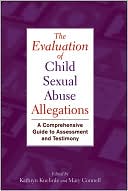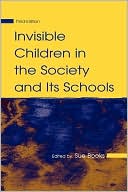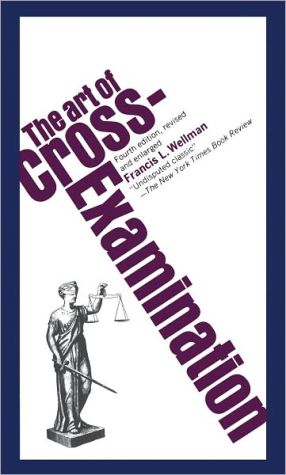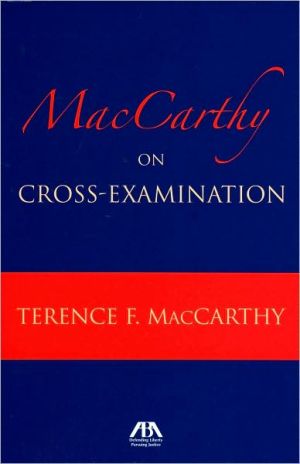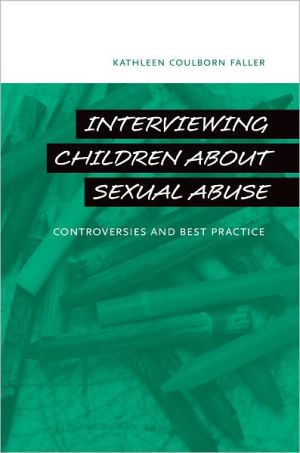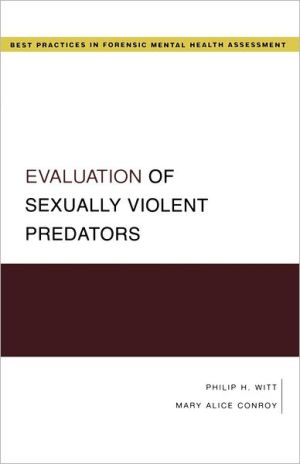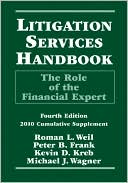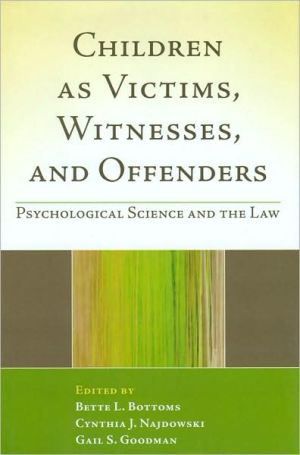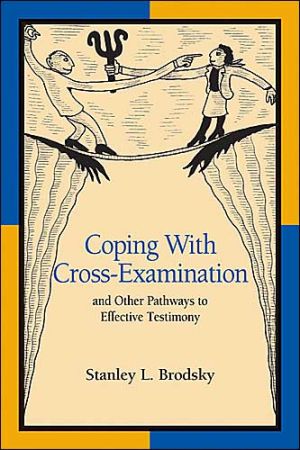The Evaluation of Child Sexual Abuse Allegations: A Comprehensive Guide to Assessment and Testimony
Search in google:
A thorough guide offering mental health and legal professionals a research-based approach to the evaluation and assessment of child sexual abuse allegations The Evaluation of Child Sexual Abuse Allegations: A Comprehensive Guide to Assessment and Testimony is the most in-depth and practical guide available for forensic psychologists and other mental health professionals working on child sexual abuse cases. It reflects the current knowledge in this field through contributions written by nationally and internationally recognized experts in applied research and practice. Applying empirically based clinical decision-making to child sexual abuse evaluations, this timely book orients readers to the extraordinary catastrophes that can unfold when children are interviewed with faulty techniques and provides vital assistance to understanding the research that guides the work of all well-trained clinicians. This thorough yet accessible guide explores: Well-established empirical findings on decision-making and the relationship to false negative and positive errors in cases of alleged child sexual abuse The difficulties in conducting reliable and meaningful research Children's behavior and the fallacy of symptoms as markers when child sexual abuse is suspected The impact of Megan's Law on children with sexual behavior problems The literature concerning children's susceptibility to suggestibility Controversies within the field including repeated interviews, inconsistencies in children's statements, and recantations of sexual abuse allegations The effectiveness of using props, including dolls, drawings, and photographs, to make memory more accessible for verbal reporting Providing essential guidance for all mental health professionals working to protect children, The Evaluation of Child Sexual Abuse Allegations: A Comprehensive Guide to Assessment and Testimony offers practical and important measures for the accurate and thoughtful evaluation and assessment of children who are possible victims of sexual abuse. Doody Review Services Reviewer:Gary B Kaniuk, Psy.D.(Cermak Health Services)Description:This book describes how to evaluate allegations of child sexual abuse, covering both assessment and court testimony and providing specific interview techniques.Purpose:Recognizing that "the evaluation of children suspected of having been sexually abused is one of the most challenging endeavors in clinical and forensic practice," the editors set out to "assist the mental health evaluator facing the challenges of these assessments," by compiling "a collection of chapters that reflect current knowledge in the field.Audience:The target audience includes "all mental health professionals working to protect children." Kathryn Kuehnle, research assistant professor at the University of South Florida, is a specialist in the evaluation and treatment of child abuse. Mary Connell is a certified forensic psychologist. The contributors represent the United States, Norway, the United Kingdom, and New Zealand. Features:The introduction focuses on the McMartin preschool case. The book then details how to use research to accurately identify sexually abused children and spends some time in understanding normative sexual and nonsexual behaviors. One of the most important parts of the book looks at the forensic interview itself and various assessment techniques. The book ends with a description of the role of the mental health professional in court, especially in educating the judge and jury about the whole assessment process, including suggestibility and/or unintentional false reports. The book uses numerous tables and figures to help illuminate the material. At the end of each chapter, there is a box of guidelines, which sums up the most important points of the chapter. An appendix sets out an investigative interview protocol (15 pages) for police interrogators from the National Institutes of Child Health and Human Development (NICHD). There is both an author and a subject index. The chapter on normative memory development and the child witness explores the development of memory and unwarranted assumptions regarding children's testimony.Assessment:This excellent book integrates research with clinical practice as it teaches mental health professionals the most salient concepts in order to avoid using faulty interview techniques. New clinicians in the field will benefit from the wisdom presented here. This practical book should be in the library of every forensic professional.
Preface xiContributors xvIntroduction: Improved Forensic Interviewing: The Legacy of the McMartin Preschool Case John E. B. Myers xixPart I Applying Clinical Decision Research to Increase the Accuracy of Sexual Abuse EvaluationsChapter 1 Methods for the Identification of Sexually Abused Children: Issues and Needed Features for Abuse Indicators David Faust Ana J. Bridges David C. Ahern 3Chapter 2 Methods for the Identification of Sexually Abused Children: Reframing the Clinician's Task and Recognizing Its Disparity with Research on Indicators Ana J. Bridges David Faust David C. Ahern 21Chapter 3 Methods for the Identification of Sexually Abused Children: Suggestions for Clinical Work and Research David Faust Ana J. Bridges David C. Ahern 49Part II Professional Roles and EthicsChapter 4 Professional Roles: Key to Accuracy and Effectiveness Charles R. Clark 69Chapter 5 Ethical Issues in Child Sexual Abuse Evaluations Gerald P. Koocher 81Part III Children's Behavior: Critical FactorsChapter 6 Child Development: Normative Sexual and Nonsexual Behaviors That May Be Confused with Symptoms of Sexual Abuse Debra A. Poole Michele A. Wolfe 101Chapter 7 The Continuum of Children's Sexual Behavior: Discriminative Categories and the Need for Public Policy Change Jessica Gurley Kathryn Kuehnle H. D. Kirkpatrick 129Part IV Children's Reports: Fundamental IssuesChapter 8 Normative Memory Development and the Child Witness J. Zoe Klemfuss Stephen Ceci 153Chapter 9 Children's Resistance to Suggestion LaTonya S. Harris Gail S. Goodman Else Marie Augusti Yoojin Chae Deborah Alley 181Chapter 10 Repressed and RecoveredMemories during Childhood and Adolescence Andrea F. Greenhoot Monica Tsethlikai 203Part V Forensic Interview of the ChildChapter 11 Forensic Child Sexual Abuse Evaluations: Accuracy, Ethics, and Admissibility Steve Herman 247Chapter 12 Children's Suggestibility: Areas of Consensus and Controversy Lindsay C. Malloy Jodi A. Quas 267Chapter 13 Forensic Interviews with Children: A Two-Way Street: Supporting Interviewers in Adhering to Best Practice Recommendations and Enhancing Children's Capabilities in Forensic Interviews Deirdre Brown Michael E. Lamb 299Chapter 14 Repeated Interviewing: A Critical Evaluation of the Risks and Potential Benefits David La Rooy Michael E. Lamb Margaret-Ellen Pipe 327Part VI Techniques: Interference Versus FacilitationChapter 15 Dolls, Drawing, Body Diagrams, and Other Props: Role of Props in Investigative Interviews Margaret-Ellen Pipe Karen Salmon 365Chapter 16 Unsupported Assessment Techniques in Child Sexual Abuse Evaluations Daniel Murrie David A. Martindale Monica Epstein 397Part VII A National Movement: Child Interview CentersChapter 17 The Child Advocacy Center Model Mary Connell 423Chapter 18 The Extended Forensic Evaluation Mary Connell 451Part VIII Analysis of the Data: Opinions and the CourtChapter 19 The Return of the Ultimate Issue: Talking to the Court in Child Sexual Abuse Cases Daniel W. Shuman William G. Austin 491Chapter 20 Jurors and Professionals in the Legal System: What Do They Know and What They Should Know about Interviewing Child Witnesses Julie A. Buck Amye R. Warren 501Appendix Investigative Interview Protocol 531Author Index 547Subject Index 561
